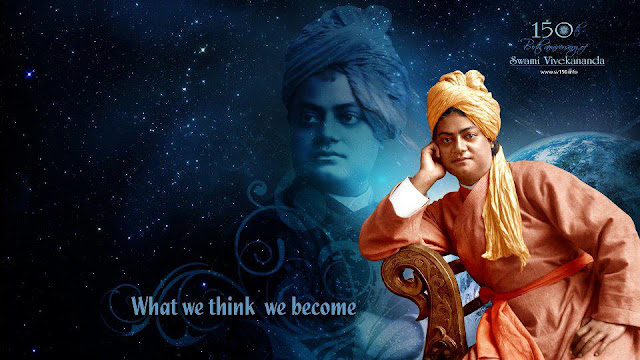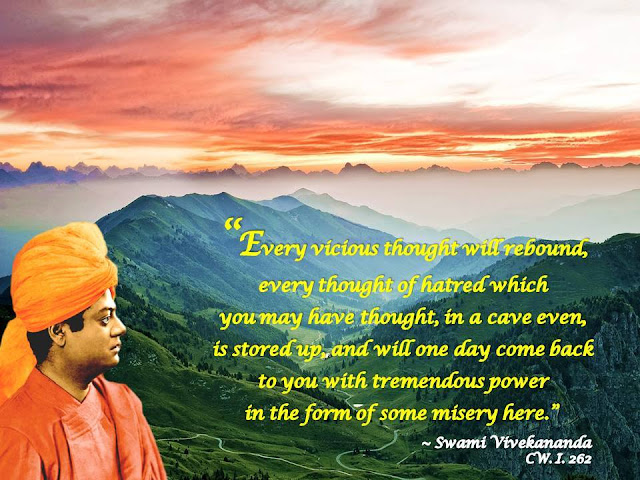Jnana-Yoga : - 2.1.

CHAPTER -2. THE REAL NATURE OF MAN : 1. (Delivered in London) Great is the tenacity with which man clings to the senses. Yet, however substantial he may think the external world in which he lives and moves, there comes a time in the lives of individuals and of races when, involuntarily, they ask, "Is this real?" To the person who never finds a moment to question the credentials of his senses, whose every moment is occupied with some sort of sense-enjoyment — even to him death comes, and he also is compelled to ask, "Is this real?" Religion begins with this question and ends with its answer. Even in the remote past, where recorded history cannot help us, in the mysterious light of mythology, back in the dim twilight of civilisation, we find the same question was asked, "What becomes of this? What is real?" One of the most poetical of the Upanishads, the Katha Upanishad, begins with the inquiry :- "When a man dies, there is a disput...







